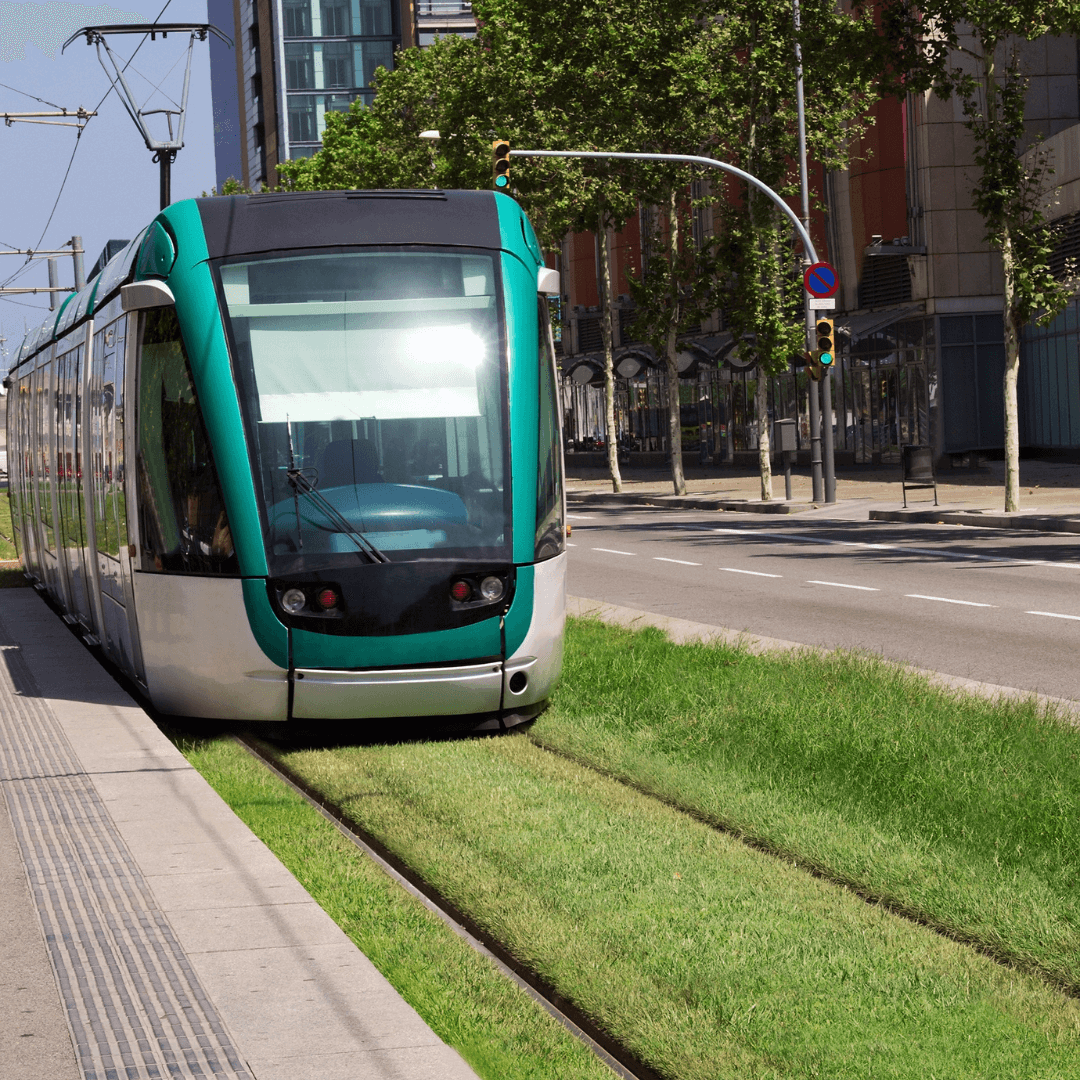The rapid growth of large cities currently represents a challenge for their management and sustainable development.
To meet these challenges, leading cities such as Barcelona and Madrid are taking a proactive approach by implementing solutions based on the concept of ‘smart urbanism’. This revolutionary trend takes advantage of new technologies to improve the functioning of cities and favor the quality of life of citizens, optimize resources and reduce environmental impact.
In this Renta Insights article, we will explore how these two Spanish cities are leading the way towards a smarter and more sustainable future.
Barcelona: a benchmark in smart urbanism
Barcelona has established itself as one of the main world leaders in the field of intelligent urban planning, carrying out a series of initiatives that have transformed its infrastructure and services. One of the keys to its success has been to focus on citizen participation and use big data to make more informed decisions.
A clear example is its intelligent mobility system. Improvements in this area include the implementation of an efficient system of connected buses, trams, metros and trains that allows routes to be optimized according to demand in real time. In addition, Barcelona has opted for the use of shared means of transport such as bicycles and electric scooters, promoting sustainable urban connectivity.
Another area in which Barcelona has implemented the latest technologies is in waste management. Through the use of sensors in the garbage containers, the city can optimize the collection routes, reducing its costs and minimizing environmental pollution.
Madrid: moving towards urban sustainability
Like Barcelona, Madrid has also made significant efforts to become a smarter and more sustainable city. One of the most outstanding initiatives is to develop an intelligent public lighting system. Madrid has implemented LED lights with movement and light sensors, which allows you to adapt the lighting level according to your needs, saving energy and reducing light pollution.
In addition, Madrid has worked on Smart City projects aimed at improving the energy efficiency of buildings and public spaces. By automating processes, the city has achieved better control of energy consumption, which translates into a decrease in carbon emissions and a more responsible use of resources.
Another area in which the city has applied the latest technologies is in optimizing traffic management. The city has implemented smart traffic light systems and traffic cameras that monitor and regulate vehicle flow in real time. This not only improves the mobility of citizens, but also reduces congestion and polluting emissions.
Smart technology has become a powerful tool to address the challenges facing large cities today. Barcelona and Madrid, as outstanding examples, have shown how the use of technology adapted to cities can positively transform the lives of citizens and the urban environment in general.
At Renta Corporación we promote better planning, management and efficiency of resources in each of the projects that we carry out, increasingly focusing on environmental sustainability and achieving a better quality of life for its inhabitants. As technology continues to advance, we are likely to see more cities around the world adopting these smart solutions to build a brighter and more sustainable urban future.

